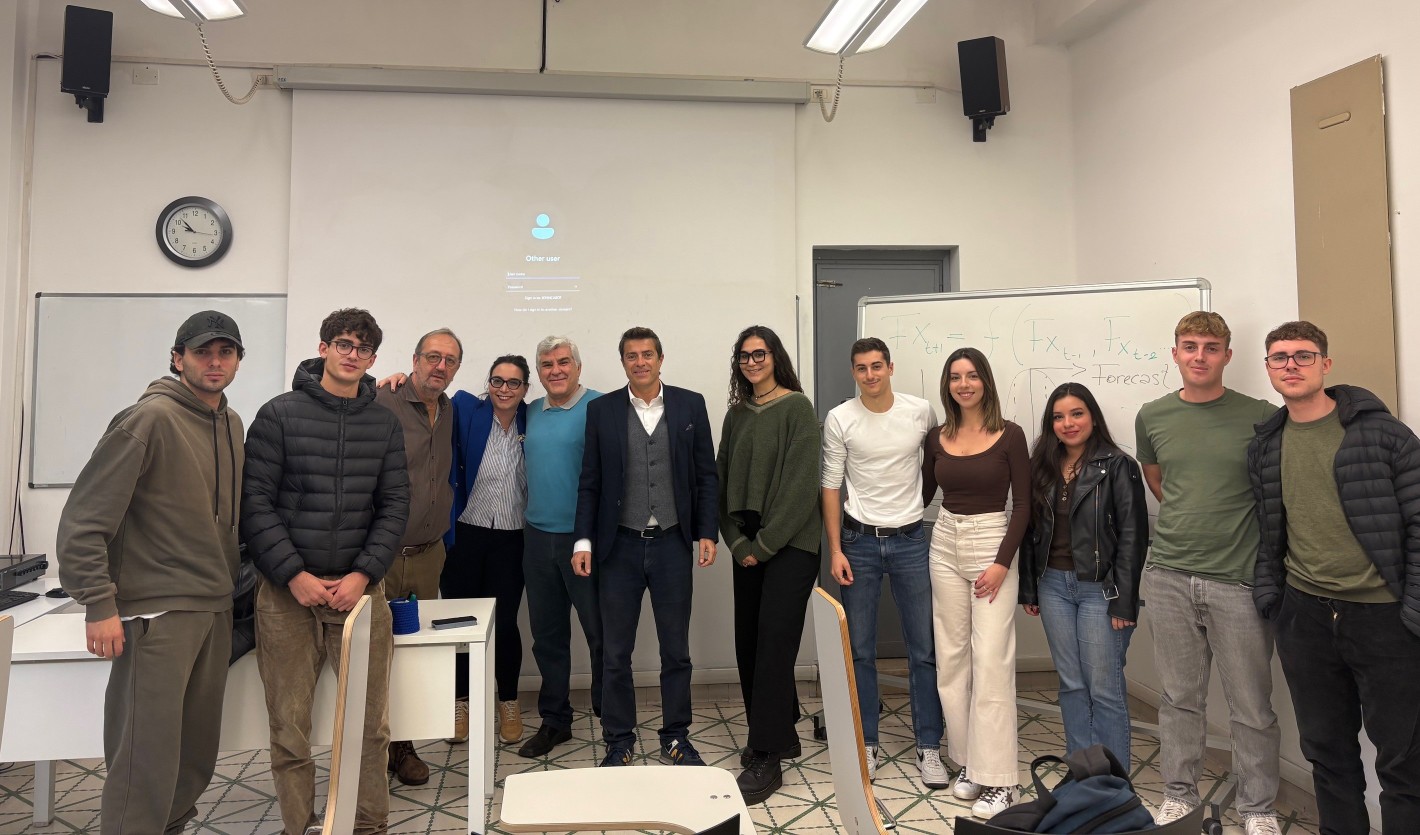Classics Professor Thomas Govero has taught at the high school and college level for over 30 years. He holds degrees from St. Louis University and the University of Colorado-Boulder. He has taught Classics at John Cabot University since 2003 and prior to that at the University of Maryland European Division and Boston University in Padua, Italy. He worked as Regional Director for the School for International Training in Paris for ten years, training program directors and establishing new study-abroad programs throughout Europe and North Africa.
What aspect of the ancient world is most often oversimplified?
There are several areas I would consider oversimplified. First and foremost, the way the ancient world is represented in the media and movies, particularly. Films about the Roman Empire often portray Roman decadence and aggression. This depiction of Rome is called Hollywood Rome. It's a popular view of the Romans as conquering, ruthless, overwhelming oppressors of the Mediterranean and all of Europe. However, the movies don’t show the more positive achievements of the Romans.
Romans were master negotiators and would meet with their enemies to sign treaties, rather than engage with them on the battlefield. The word for treaty in Latin is foedus, from which we get the word federal. Two-thirds of the world now follows Roman law as well as its terms, for example, habeas corpus. This reflects the profound influence that the Romans had on modern society.
What is a fact that people might be surprised to learn about the Romans?
Along with being impressive mediators, the Romans were surprisingly inclusive people. Prior to modern times, no other society was so willing to make anybody a citizen, regardless of color, religion, or ethnicity. Paul the Apostle was arrested in Jerusalem and tried in Caesarea for declaring that Jesus was a king and undermining Roman authority. Though he was tried and put in prison in Judea for two years, as a citizen, he still received his right to due process with a fair trial.
Another example of inclusivity was Terence. Terence was brought as a slave to Rome during the Punic Wars. By the age of 25, he was educated by his owner and gained his freedom. He went on to write six major plays before he was 26 years old.
The Romans had considerable social mobility. In the Roman world, slavery was not considered a lifetime condition. It just meant you were in the wrong place at the wrong time. If you were a slave and your master died, the next day you would be freed and you would be made a citizen, too.
Which ancient author or text do you think deserves more attention, and why?
I think an author deserving more attention is Lucretius, the great Roman poet. Lucretius wrote his epic poem in 55 BC because of his personal attraction and commitment to Epicureanism. He's been sidelined largely because he's not in line with the principal dogmas of Christian culture. He's considered an atheist, but he wasn't. He specifically says he believed in the gods, but that they have nothing to do with human life.
Poggio Bracciolino, an Italian scholar, discovered the sole surviving copy of Lucretius’ De Rerum Natura (On the Nature of the Universe) in the 15th century in Germany. Along with his peer and contemporary, Cicero, Lucretius enriched the Latin language so that it became very useful in expressing science, philosophy, theology, and so on.
A big question in the world still today that Lucretius dealt with was movement. Why do we move? Why does the world move? Lucretius pondered upon all those questions in his epic. When you study Lucretius, you get linguistics, you get philosophy, you get science all in one, wrapped up in one magnificent piece of literature.
What advice would you give to students or early-career scholars interested in pursuing a life in Classics?
I encourage them to pursue careers in the diplomatic corps because they've already shown ability in learning languages. If you look at people who are high governmental servants, civil servants in international organizations, and embassies, they are well-versed in many languages. By studying Latin and Greek, I hope that my students make connections and associations. Language is related to other aspects of Roman culture, and as they dig deeper, students will acquire more knowledge and more insights.
Some of my students are interested in the historical aspects of Classics. I encourage them because, as Mark Twain said, “History does not repeat itself, but it often rhymes,” and that's true. You can’t let historical examples dictate your thinking, but the patterns they reveal are certainly worth considering.












